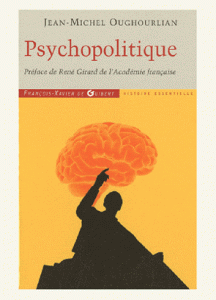 November 21, 2013 Marina Obrazkova, RBTH
November 21, 2013 Marina Obrazkova, RBTH
Traditional psychotherapy methods have yet to gain mass popular support in Russia. Although the number of therapists and private practices offering counseling services is growing, there still is no established tradition of turning to them for regular help.
Yet the armed forces and the penitentiary system in Russia are beginning to use of art therapy to work with their population.
The Russian Federal Penal Service has launched a « sand experiment » in prisons in Krasnoyarsk Territory. Psychologists have decided to use sand art therapy in their work with the most difficult inmates: those who suffer from various phobias, who are withdrawn, depressed, or cannot come to terms with their circumstances.
How art therapy
Psychologists believe that working with sand can help one get rid of many negative emotions. Inmates are invited to try sand animation, modeling various life scenarios. The first results of the experiment, as reported by the Moskovsky Komsomolets newspaper. They have shown that after sand therapy, inmates become more open, more friendly, more confident. Many of them have become noticeably less aggressive and are now helping their fellow inmates. According to their own account, tactile contact with sand provokes a wave of positive emotions. Some of the inmates who took part in the experiment have displayed a real talent. It will now have formal training in drawing.
Pour lire l’article, cliquez sur le logo de Russia Beyond The Hedlines

